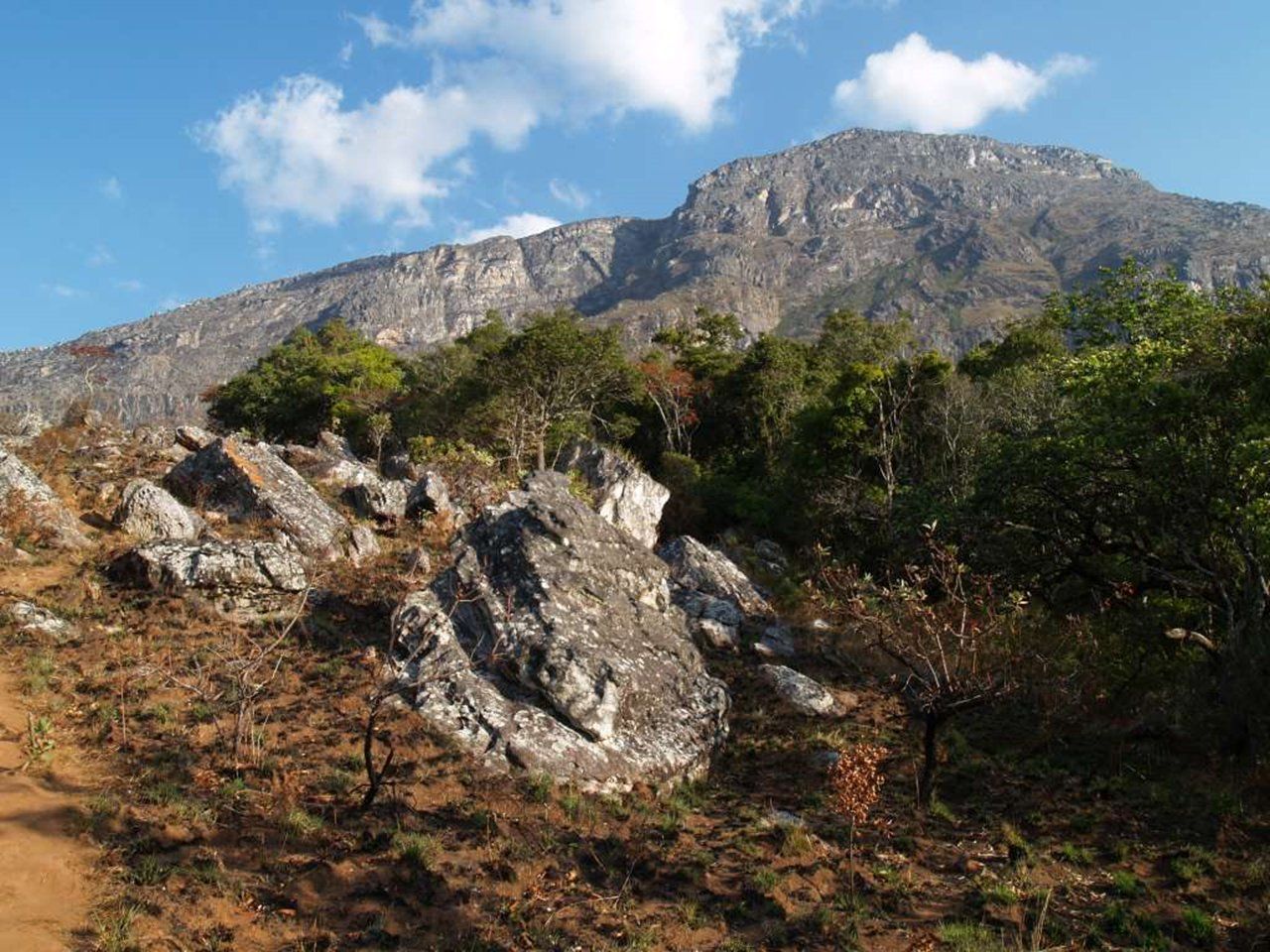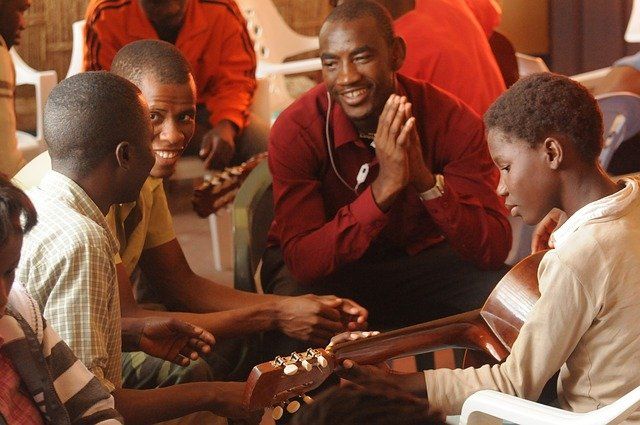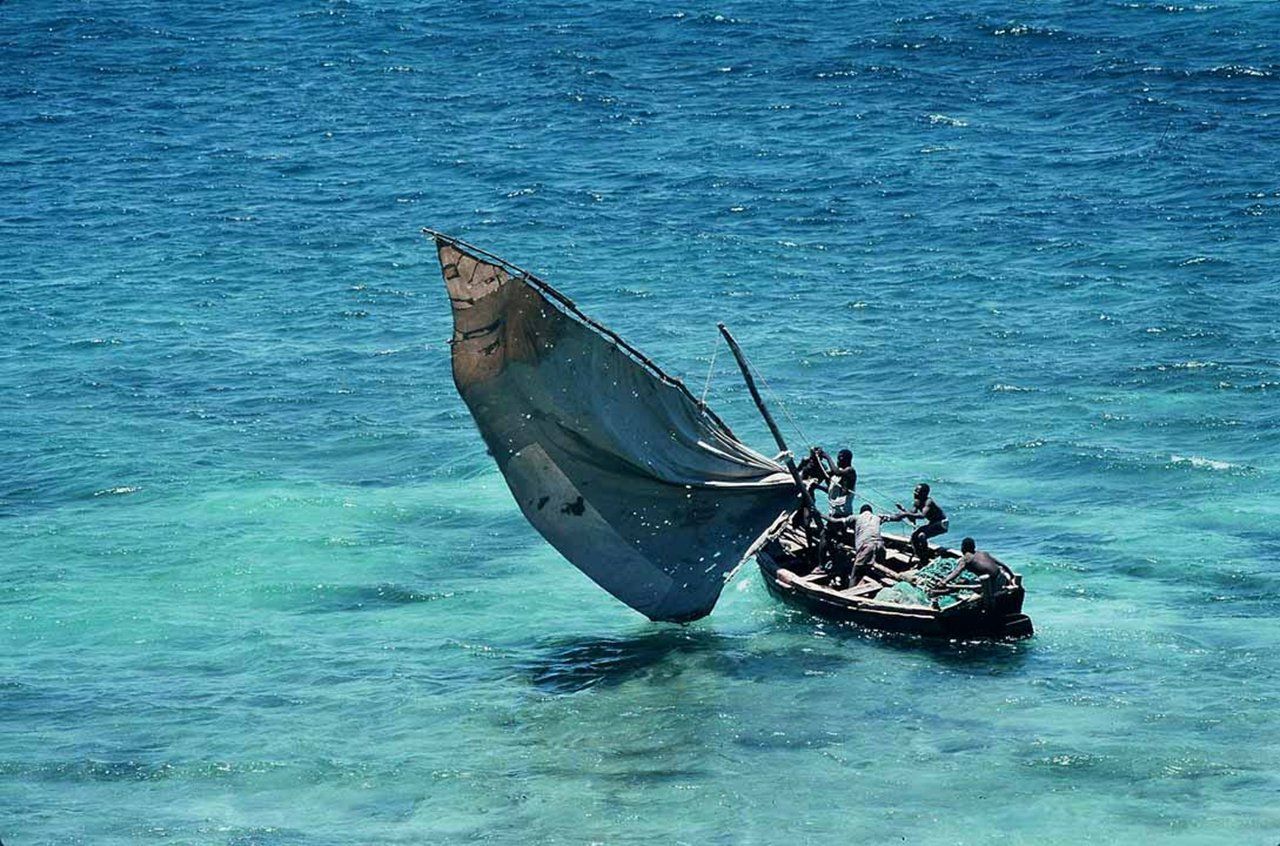
In the 1300s, Arab slave traders colonised the north of Mozambique and people groups like the Yao, Makonde, Makwe and coastal Makuas were converted to a ‘folk’ Islam.
Two centuries later this Arab Islamic influence gave way to Portuguese, Roman Catholic, domination. This continued for 500 years, until Portuguese colonialism was replaced by the Communism of the Frelimo government, in 1975.
Protestant missionary work in northern Mozambique did not begin until the twentieth century, when the Dutch Reformed Church began working in the Angonia highlands of Tete province (1908) and the Scottish Presbyterian Church entered the Zambezia province (1913).
The Portuguese government closed both these missions, in 1925 and 1959 respectively, at the instigation of the Roman Catholics. Protestant churches continued to experience similar persecution under Marxism.
During the 1980s and 1990s Frelimo changed its stance towards the churches from one of persecution to one of open encouragement. Rated as the poorest country in the world, Mozambique needed all the help it could get!

Growth and shallowness
During this period, further Protestant churches and missions, now welcomed by the authorities, became established in Mozambique, but there was little co-ordination. Meanwhile, the country as a whole was in a state of chaos, due first to war between Frelimo and the Portuguese, and, later, between Frelimo and Renamo.
In spite of all these problems, the Protestant church in Mozambique has grown numerically at an astounding rate. The church in the north now has hundreds of thousands, with most of the Christians located in Zambezia and Tete.
In the other three northern provinces, Islam has a stronger hold and Christian converts can experience harsh persecution.
Challenges
But serious challenges face the church of northern Mozambique. Northern church leaders have had little access to evangelical theological training. This is because of poverty, warfare and the Marxist government’s previous insistence that only one Bible seminary should function (in the far south of Mozambique and liberal at that).
While the churches ‘evangelise’ zealously, few professing Christians have a true understanding of the gospel of grace, and depend for salvation on their own good works.
Their day-to-day living is characterised by moral self-effort rather than the fruit of the Spirit. The Mozambican church has grown at a staggering rate, but the character of its growth is highly suspect.

True Evangelicals
But there are true Evangelicals here. Unwilling to co-operate with the liberal seminary of the south, the Reformed Church of Mozambique has formed its own seminary in the north. There is also an Evangelical Baptist college in the south.
But these are not altogether meeting the need, since pastors and church leaders still find it difficult to leave church responsibilities, and their own subsistence agriculture, to participate in college courses.
To help, the seminaries have initiated distance training, but at present too few preachers are reached by this method, one major obstacle being the low literacy rate.
Good Reformed Christian literature is available in the capital, Maputo. Books are translated into Portuguese and imported from Brazil. But for many Portuguese is a second language. There is a need for the contents of books to be simplified and further translated into local languages and dialects.
Factions
Most churches do not practise church discipline. Church meetings adopt a ‘wait and see’ attitude to problems and sins. These problems may, in fact, be situations provoked by the immaturity of church leaders.
A typical response to church discipline is for the person at fault to join (and be accepted by) another denomination, or to form a breakaway church taking as many followers as possible.
Such widespread indiscipline has lead to hundreds of splits and factions, resulting in a large variety of ‘churches’ with an amazing array of names.
This situation has sometimes been exacerbated by foreign missions, out to ‘build their own empires’.
Syncretism
As in much of Africa, religious syncretism is often tolerated in the professing churches. When life ‘gets tough’, many people turn to witchcraft. Others are accused of sorcery, even when no proof can be found. The needs and opportunities in Mozambique remain extremely urgent. Yet, in spite of everything, many local churches seem to have a small quota of honest and dedicated believers, especially among the less educated. It is to these especially that we seek to minister.



